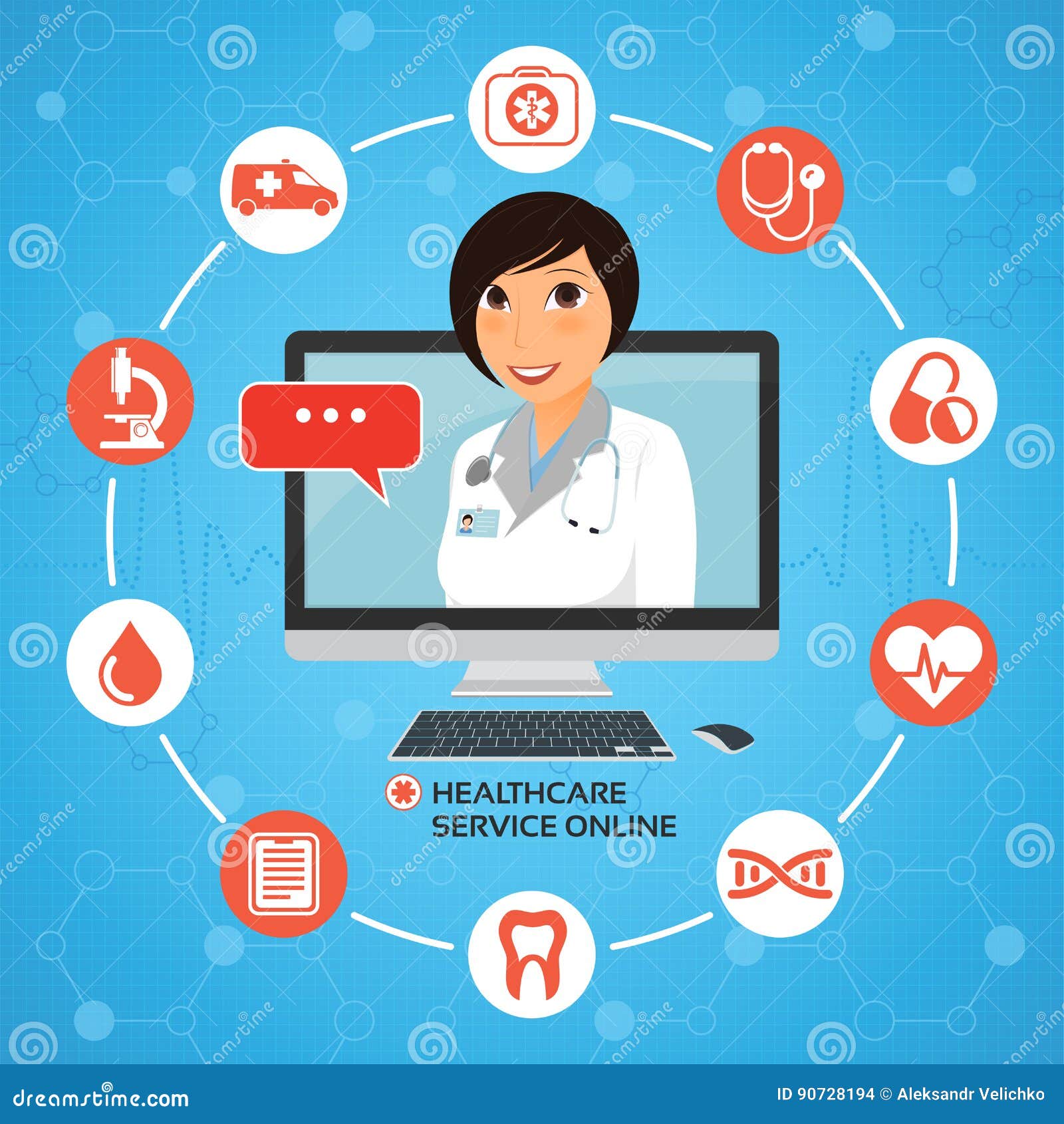The Surge of Subscription-Based Healthcare and Its Impact on Patient Treatment
As health care develops, the subscription-based version is obtaining traction, promising to revolutionize patient care by using predictability and ease of access. These models, which bypass conventional insurance policy, could redefine the patient-doctor dynamic, highlighting precautionary and personalized treatment. As with any type of advancement, they provide challenges, particularly worrying fair gain access to for all socioeconomic groups. The potential for these versions to reshape healthcare distribution increases pressing questions regarding their long-term sustainability and inclusivity. Are these subscription solutions the future of healthcare, or do they run the risk of leaving vulnerable populations behind? The ins and outs of this change warrant a more detailed evaluation.
Recognizing Subscription Healthcare Models
Comprehending the idea of subscription medical care designs includes taking a look at a transformative approach to medical services that highlights price and availability. These versions, frequently described as direct health care (DPC) or concierge medication, have actually arised as innovative options to traditional fee-for-service health care systems. Membership healthcare allows individuals to pay a fixed monthly or yearly cost for a defined set of medical solutions, which may consist of limitless office gos to, routine exams, and basic lab tests, without the demand for standard insurance coverage payment.
The framework of membership health care versions is developed to simplify client treatment by getting rid of third-party payers and intricate invoicing codes, thus minimizing management problems. Health care companies can concentrate more on individual treatment, cultivating more powerful patient-provider relationships. This design also advertises preventative treatment by motivating routine visits, as the financial obstacle of per-visit costs is gotten rid of.
The membership model frequently encourages doctor to handle smaller patient panels, enabling for even more individualized treatment. It straightens financial incentives with patient health outcomes, as service providers are encouraged to maintain client contentment and well-being. Generally, understanding membership healthcare designs needs identifying their prospective to reshape exactly how treatment is supplied and accessed.
Advantages for Service Providers and people

With a stable revenue stream, health care experts can dedicate even more time to each client, leading to an extra extensive and personalized care experience. The emphasis on preventative care within subscription strategies can lead to far better client end results and decreased long-lasting healthcare costs.
Issues and obstacles
While subscription-based medical care versions existing countless benefits, they additionally come with a set of obstacles and issues that must be dealt with. This elevates honest questions about fair accessibility to healthcare solutions.
Financial sustainability of subscription-based designs is an additional concern. Companies have to balance the set earnings from subscriptions with the variable costs of medical care solutions, which might fluctuate as a result of unexpected clinical demands. This can create pressure to restrict solutions or rise charges, possibly impacting person fulfillment and care top quality.
Furthermore, regulative oversight of subscription-based healthcare designs is still evolving. The lack of standardized frameworks can cause irregular service top quality and liability, complicating efforts to make certain individual defense. Finally, the integration of technology-- typically a cornerstone of these models-- questions about data privacy and safety, as delicate client information could be vulnerable to violations. Addressing these difficulties is important for the equitable and successful application of subscription-based healthcare.
Influence On Patient-Doctor Relationships
One considerable impact of subscription-based health care versions on patient-doctor connections is the potential for enhanced continuity and personalized treatment. By taking on a registration model, doctors can handle a smaller patient panel, permitting for more dedicated time with each person. This boosted availability fosters a much deeper understanding of a client's medical background, lifestyle, and preferences, allowing much more customized treatment strategies and interventions.

However, it is essential to identify that while subscription-based models might benefit those who can manage them, they could unintentionally widen find more health care differences. Clients who are incapable to get involved in these models might experience reduced accessibility to view website customized care, possibly impacting their connections with healthcare providers. Thus, while the subscription model uses promising advantages for patient-doctor relationships, it likewise poses difficulties that require to be addressed to make certain equitable healthcare access.
Future of Health Care Access

The function of innovation can not be overlooked in this transformation. Telemedicine platforms and electronic health records assist in seamless interaction between clients and health care carriers, damaging down geographical and logistical barriers. Additionally, developments in expert system and information analytics can additionally customize healthcare by predicting patient requirements visit this site and maximizing therapy plans.
Nonetheless, the future of healthcare access also offers obstacles, such as making certain equity throughout various socio-economic teams. Policymakers and medical care providers must collaborate to bridge the digital divide, making certain that subscription-based models remain inclusive and economical. As these systems mature, they hold the promise of making medical care much more accessible, reliable, and patient-centric.
Verdict
Subscription-based healthcare versions are reshaping person care by supplying a steady price structure and enhancing accessibility. These designs reinforce patient-provider relationships through individualized care and regular brows through, emphasizing preventative wellness. Despite these advantages, obstacles such as ease of access concerns for low-income populations and the need for fair medical care solutions persist. The increase of subscription-based medical care urges proactive client involvement, which has the possible to improve client results and contentment, signaling a transformative shift in health care shipment.
As medical care advances, the subscription-based version is getting grip, guaranteeing to reinvent client care by offering predictability and accessibility.Subscription-based healthcare versions supply unique advantages for both companies and clients, enhancing the overall medical care experience.As medical care systems progress, the future of health care gain access to often hinges on the assimilation of ingenious models and modern technologies.Subscription-based medical care designs are improving individual care by giving a steady cost framework and enhancing access. The increase of subscription-based healthcare urges positive person interaction, which has the potential to enhance patient end results and complete satisfaction, signifying a transformative change in health care delivery.